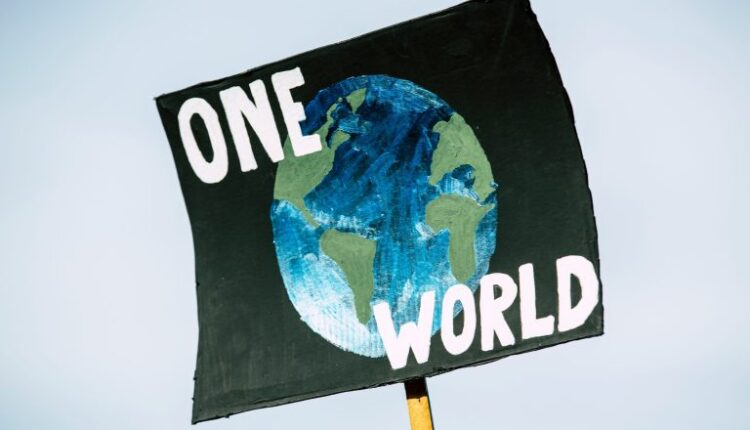Geoengineering Can't Save Coffee From Climate Change – CoffeeTalk
The future of coffee, chocolate, and wine is jeopardized by climate change, despite potential geoengineering efforts to cool the planet, a recent study cautions. Researchers have been investigating geoengineering as a strategy to mitigate global warming, including a theoretical method known as stratospheric sulfate aerosol injection (SAI), which involves injecting reflective particles into the stratosphere to block sunlight and cool the Earth’s surface.
While SAI could help reflect some sunlight away from the planet as carbon dioxide levels rise due to human activity, climate scientists emphasize that this approach may not be sufficient to protect crucial agricultural crops like wine grapes, coffee, and cacao beans. These crops thrive under specific conditions and are becoming increasingly vulnerable to the rising temperatures and extreme weather patterns associated with climate change, which jeopardizes supplies and threatens the livelihoods of farmers dependent on these products.
In their study, published in the journal Environmental Research Letters, researchers examined the potential climate impacts in major grape, coffee, and cacao growing regions across Western Europe, South America, and West Africa if SAI were implemented. The findings revealed that while SAI could lower temperatures, it did not reliably preserve the necessary conditions for successful crop cultivation. The study highlighted that unpredictable rainfall and humidity could lead to flooding and exacerbate pest and disease outbreaks, undermining any cooling effects from SAI. The assessment of crop viability, factoring in temperature, rainfall, humidity, and disease risk across 18 regions from 2036 to 2045, indicated that only six regions exhibited consistent improvements in growing conditions compared to scenarios without SAI.
Co-author Dr. Ariel Morrison from Colorado State University stated, “SAI climate intervention may offer temporary relief from rising temperatures in some regions, but it is not a guaranteed fix for the challenges facing luxury crop farming.” She emphasized that relying solely on SAI to reduce temperatures is inadequate.
“For instance, cacao species, while more tolerant of hot temperatures than coffee and grapes, are highly susceptible to pests and diseases influenced by a combination of high temperatures, rainfall, and humidity,” she added. Dr. Morrison also pointed out the significance of natural climate variability, which can lead to a wide range of outcomes under the same SAI scenario, potentially affecting the livelihoods of farmers growing cacao, coffee, and grapes.
To address these challenges, Dr. Morrison highlighted the importance of adapting local agricultural practices to evolving conditions, investing in resilient farming methods, and fostering global cooperation to safeguard these vital crops and the communities reliant on them.
Read More @ The Independent
Source: Coffee Talk



